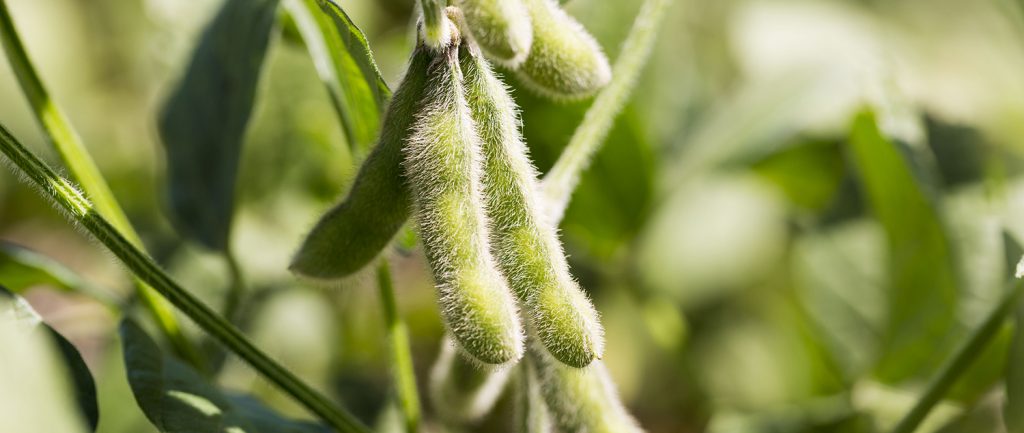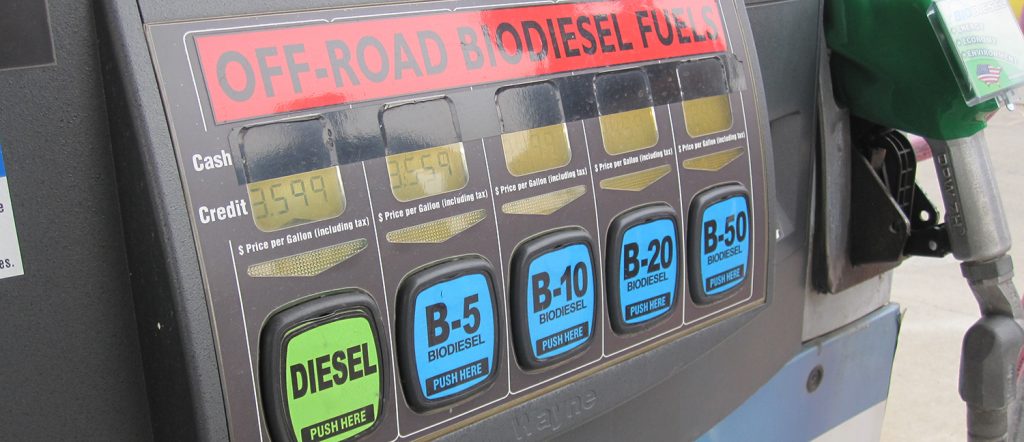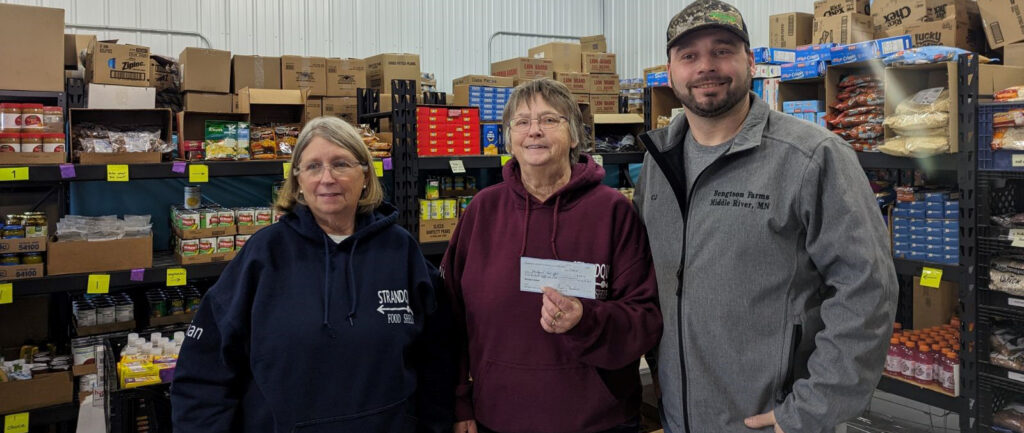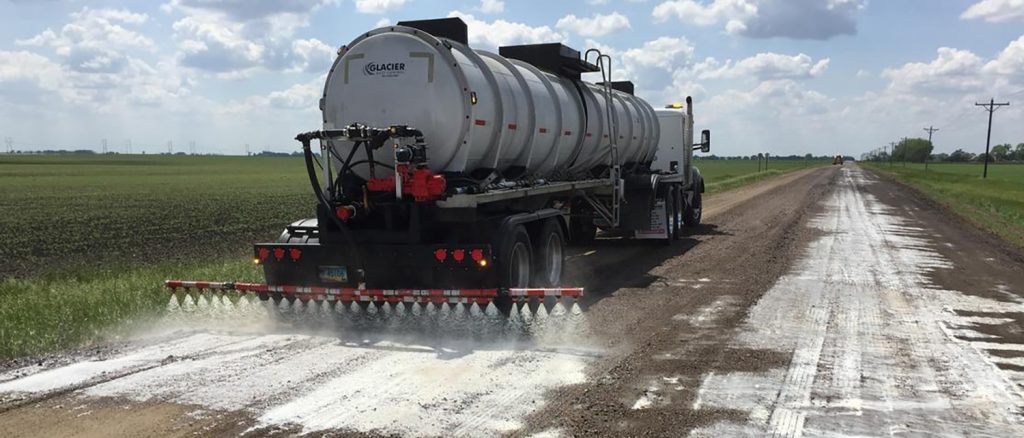Tom Slunecka, CEO of the Minnesota Soybean & Research Promotion Council, was just getting started highlighting the range of investments and initiatives from the soybean checkoff.
“This list is so long – I could’ve spoken to you for hours because there are so many exciting things that we’re working on and so much momentum behind this organization,” Slunecka said during the seventh and final episode of the Spill the Beans webinar.
MSR&PC is a farmer-led board (15 farmers represent districts across the state) that directs soybean checkoff investments into market access, research, promotion and product development. The soybean checkoff, which went into effect in 1991, is federally mandated by the Soybean Promotion, Research, and Consumer Information Act. Every time a Minnesota soybean farmer sells soybeans, one half of 1% of the market price is checked off. Half of the checkoff is utilized by Minnesota, while the other half is utilized by the United Soybean Board. According to a 2020 checkoff study, the soybean industry’s total economic impact on the U.S. economy averaged $115.8 billion.
“We’ve seen a lot of change and a lot of exciting things (with the checkoff),” said Slunecka, who joined the Council in 2012.
On the research side, Council leaders reviewed more than 20 proposals earlier this year. The focus of the projects was broken into three core areas: pest management, soybean breeding and genetics, and other agronomy. The Council will formally approve the projects during its upcoming spring board meeting.
“It’s highly competitive,” Slunecka said. “We’re only funding the best projects.”

Slunecka explained the differences between MSR&PC and the Minnesota Soybean Growers Association, which hosted the webinar. Though both organizations work in tandem on projects related to international trade and product development, checkoff funds can’t be used for lobbying purposes.
“Every time we can work on things together, we do,” Slunecka said, “but MSGA has to go out and find their own resources, and that’s why membership is so important to (MSGA).”
Slunecka also provided updates on two promising Council projects: Plasma Blue biodiesel technology and the Ag Innovation Campus in Crookston, and how these projects move through the development phases. Plasma Blue was unveiled last year at the National Biodiesel Conference, and is currently being commercialized.
“Plasma Blue is amazing and it’s technology the Council is helping to bring to the marketplace,” Slunecka said, adding, “We’ll be able to use this technology to make biodiesel more profitable and accessible to consumers all across the globe.”
Construction on the Ag Innovation Campus is set to begin this year. The Campus aims to allow farmers to maximize the value of their crops; increase jobs; and take advantage of current markets in biodiesel, soybean oil, soybean meal and glycerin. Once fully operating, the AIC could crush enough soybeans to service about 30% of the total regional market.
“This is an amazing project. There’s isn’t anything like it in the world,” Slunecka said. “This facility is designed to help bring new products to the farmgate and consumers more quickly.”
All sponsorship proceeds from the Spill the Beans benefited MSGA’s advocacy efforts in St. Paul and Washington, D.C. To view past episodes of Spill the Beans, visit MSGA’s Facebook page.
“We tried something new this year with ‘Spill the Beans,’ and we’re very pleased with the engagement we received,” MSGA President Jamie Beyer said. “Our guests covered topics ranging from advocacy to crop insurance, and we thank everyone – especially our sponsors – who supported MSGA’s grassroots mission by participating in these webinars.”







